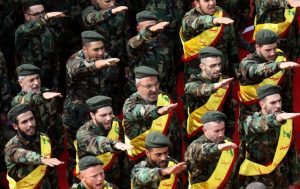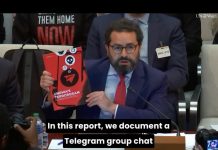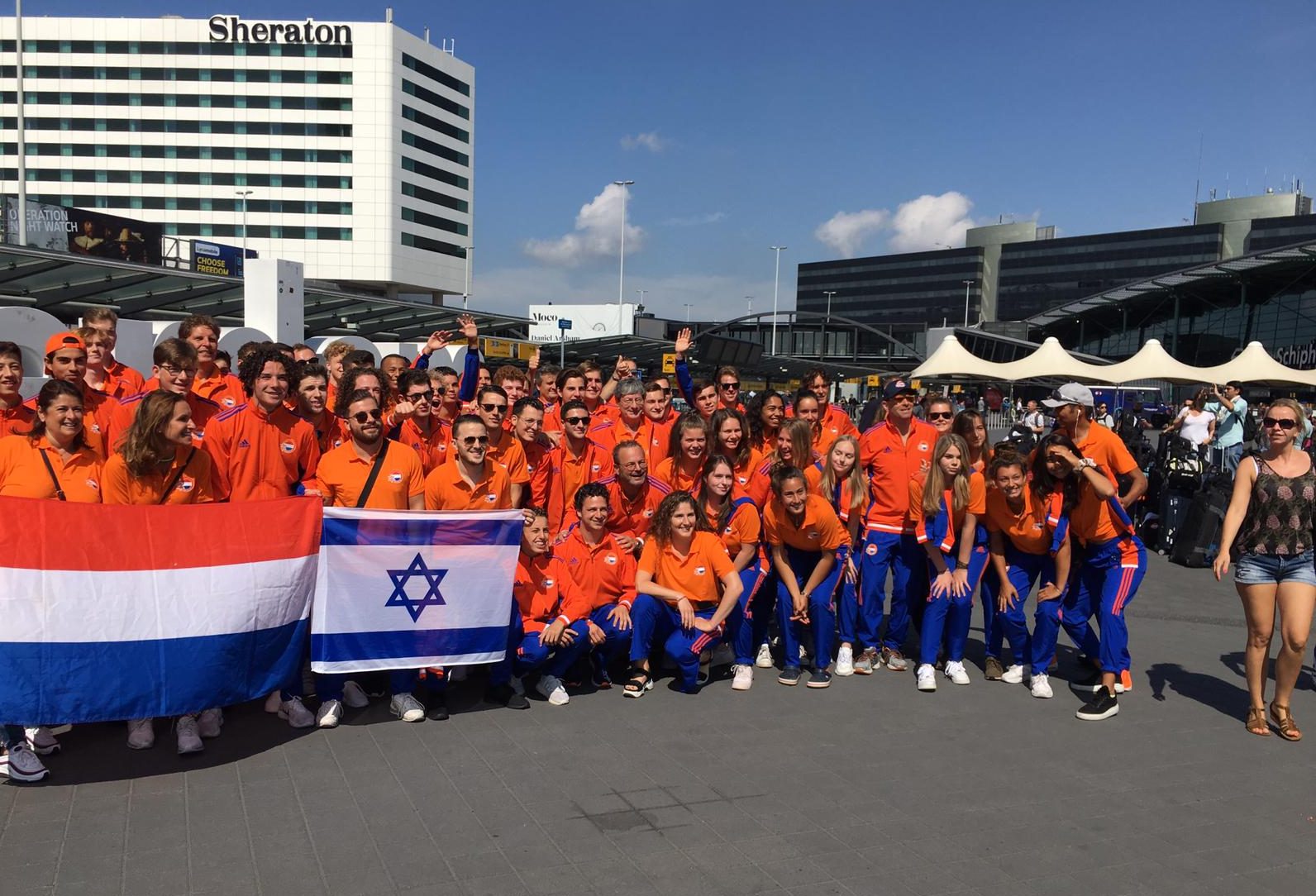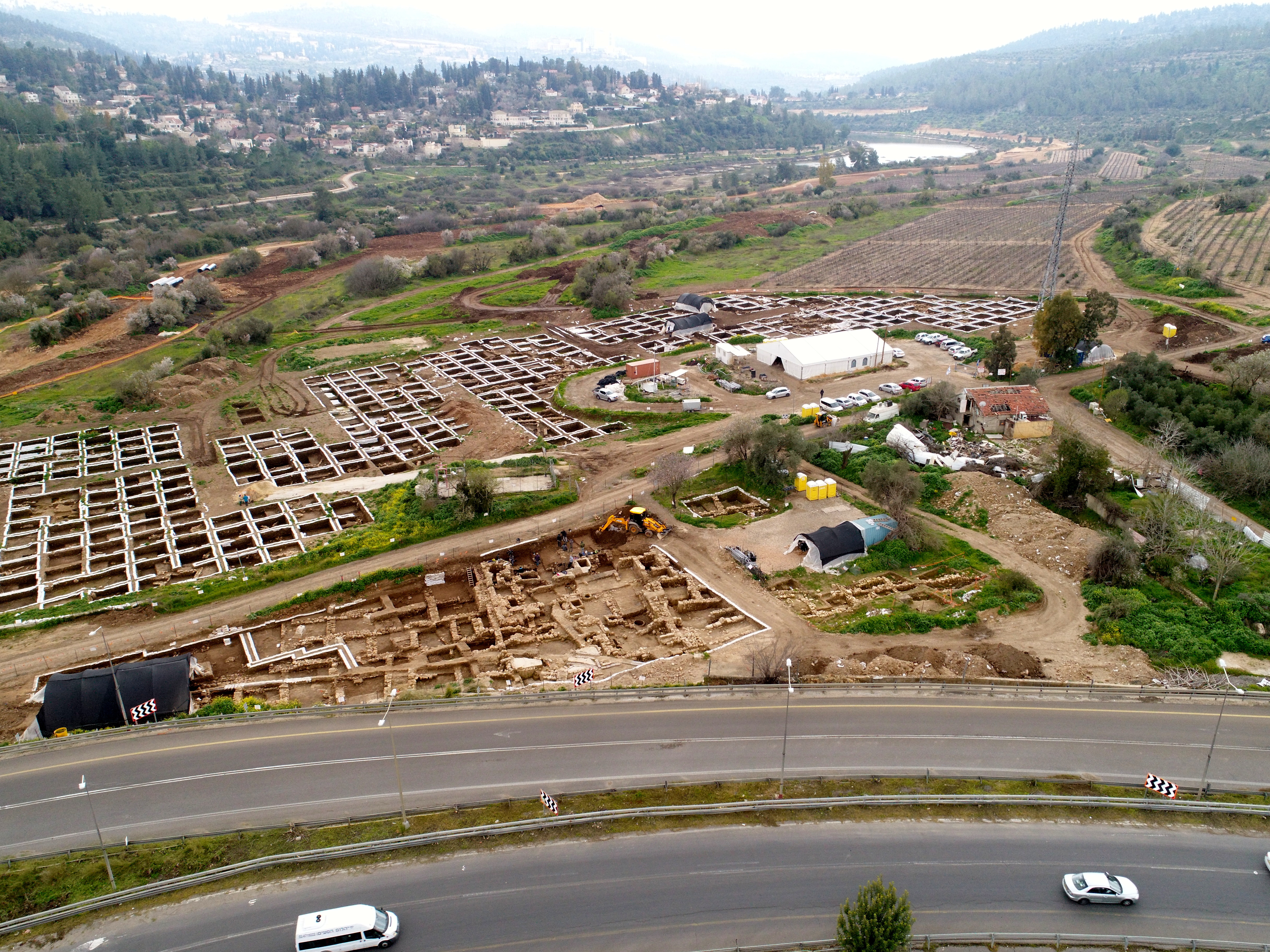
Het Meir Amit Intelligence and Terrorism Information Center heeft een onderzoek gepubliceerd hoe Hezbollah zijn activiteiten financiert. Naast natuurlijk de vele tientallen miljoenen die Hezbollah uit Iran ontvangt zijn ze afhankelijk van prive donaties.
Hezbollah sympathisanten wereldwijd kunnen geld storten door bepaalde telefoonnummers te bellen van geldkantoren die aan een aantal internationaal werkende banken zijn verbonden.
Het hele rapport publiceer ik hieronder integraal.
- Hezbollah recently launched a campaign to raise money for its military activities. The campaign was waged by the Islamic Resistance Support Association (IRSA), Hezbollah’s main fund-raising institution. The campaign is waged in the Shi’ite communities in Lebanon and abroad at the beginning of every year. The funds collected are mainly used to buy weapons for Hezbollah operatives (through what is called the “equip a jihad fighter” project). The amount of money collected is small relative to Hezbollah’s overall budget, which is supplied by Iran, but Hezbollah needs the contributions in view of its financial difficulties and considers them very important.[1]
- IRSA is careful not to publicize the names of the banks or other institutions through which donations can be made because of the sanctions imposed by the United States on support for Hezbollah. Funds are solicited by telephone from donors in Lebanon and abroad, who call IRSA offices at numbers issued by Hezbollah and IRSA. One of the numbers is a dedicated line for donations from outside Lebanon. It belongs to IRSA’s “overseas department,” which is headed by Haj Muneif Qashmar (Abu Issam).
- A reporter from Israel’s Channel 11 called IRSA’s overseas number as part of a broadcast on Hezbollah’s fund-raising campaign. He was answered by Haj Muneif Qashmar, and said he wanted to donate money. The reporter was told to transfer the money to Haj Muneif Qashmar at the OMT company offices, and then to give him the tracking number of the transfer. An ITIC examination revealed that OMT is a “financial services company” for transferring funds (and other services) with offices throughout Lebanon.
It is an agent of Western Union in Lebanon and works closely with it (See the Appendix).[2]
The following is the content of the conversation between the Channel 11 reporter and Haj Muneif Qashmar:
Qashmar: “There is one problem [with your desire to donate]: you [live] under Israeli rule, and I don’t know how I can help you. If you want to [make a donation], transfer the funds to me at the OMT officers and then give me the number of the transfer, and it will be done.”
Channel 11 reporter: “Does the company work with the resistance axis?”
Qashmar: “No, no, no, no, no. It is an ordinary company. OMT has offices all over the world. It is an office for transferring funds not through a bank…” (Israeli Channel 11 TV, February 24, 2019).


The funeral procession of Hezbollah operative Hassan Abd Ali passes by the OMT branch office in the Shi’ite village of Aitit in south Lebanon (wadipress.com, September 10, 2016). The office also serves Western Union, which shares a telephone number with OMT (the customer service number of its main branch in Beirut).
Appendix


Online Money Transfer (OMT), a Lebanese company for transferring funds
- OMT was founded in 1998 by a lawyer named Toufic Moawad, Hikmat Abou Zeid and Bishara Naguib Khalf. It was registered as a Lebanese company on March 6, 2004, as On Line Money Transfer Services – OMT, S.A.L.) in Beirut, as an accredited agent of Western Union in Lebanon. Its value at the time was estimated at $30 million. It was registered as a corporation with an address at the Zaher Plaza, 266 Sami el-Solh Avenue. It currently has more than 1,000 offices located throughout Lebanon (OMT company profile, OMT website).
Western Union connection
- When the company was registered its stated field of activity was communications services such as purchasing, marketing, distribution and sales of prepaid telephone cards. In 2011 OMT signed a five-year contract with Western Union, becoming the second company to work with it in the Middle East and Africa (al-Ittihad, August 20, 2011). However, in 2015 company cofounder Hikmet Abou Zeid claimed OMT’s founding was actually inspired by Western Union (al-Akhbar website, April 22, 2015). In 2016 Toufic Moawad, another cofounder, claimed OMT was founded in 1998 as an accredited agency of Western Union in Lebanon (Addiyar Carlos Charles website, June 22, 2016).
Today OMT is an accredited Western Union agency in Lebanon, calling itself an authorized agent (LinkedIn OMT profile, OMT YouTube channel, December 22, 2016). In 2008 and 2009 OMT won Western Union excellence awards (OMT Facebook page). It has been mentioned as a local Western Union agency in Lebanon by the UN as well (survey of countries investing in Lebanon of UNCTAD, the UN Conference on Trade and Development, 2018).
OMT’s structure
- OMT has the following departments, according to its profile on LinkedIn: research and development (including program engineering), preventing money-laundering and a fee-collection department. In addition, its employees deal with human resources, client management, customer services, marketing and sales, translation, accounting and oversight, technical support, legal matters and logistics. There are a deputy CFO, project managers and tellers.
- OMT has about 500 employees who work directly for the company, but it also contributes to the income of about 2,500 families through its 1,000 franchises, located throughout Lebanon (al-Joumhouriya, Lebanon, October 31, 2018). As of January 2019, the chairman of the board has been Toufic Moawad (OMT YouTube channel, January 23, 2019). As of January 2015 the president and chairman of the board has been Hikmet Ersek (OMT YouTube channel, January 12, 2019).
Branches
- OMT has more than 1,000 branches in Lebanon, including three independent centers in Beirut. Many of its franchises can be found in tourist agencies, electronics and cellphone stores, and at money changers. The head office is in Beirut at 266 Sami el-Solh Avenue in the Museum District, OMT building, 9th floor, telephone numbers +9611391000 (customer service) and +9611391390, fax +9611390497 (OMT website). Google Maps lists 32 branches in Beirut, 13 in south Lebanon, 11 in Beqa’a, nine in north Lebanon and five in Mt. Lebanon.
Services to clients
- OMT provides three types of services: money transfers, fee collection and governmental services. There are two types of money transfers: internal transfers ($3 minimum) through OMT INTRA, and international money transfers through Western Union. International transfers entail filling out a standard form, presenting a valid Lebanese ID or passport, providing the address of the person to whom the funds are sent and paying a transfer fee. After signing a receipt and receiving a 10-digit tracking number,[3] the sender is asked to contact the payee and give him the tracking number, his full name and the amount transferred. The status of the payment can be traced by SMS and on the Western Union website using the tracking number. The process is similar in Lebanon, but the tracking number has 12 digits and the status of the transfer cannot be traced on the website (OMT website, OMT Facebook page).
- The companies that provide fee-collection services in Lebanon include banks, insurance companies, Internet companies, etc. The following is a list of the banks that provide the services (OMT website, Cedrus Bank website):
- Al-Baraka bank, since April 2013
- CSC Bank, since July 2011
- The Egyptian Lebanese Bank (BML, Banque Misr Liban) since September 2011
- The Qatar-based Ahli Bank, since October 2011
- The Lebanese Swiss Bank (LSB) since April 2012
- The BLC commercial bank, since September 2012
- The Bank Credit National (BCN), since July 2014
- The Arab Finance House, since August 2014
- Cedrus Bank, since November 2017
- In addition to private and business financial services, OMT provides many services to the Lebanese government. It is possible at its branches to get an identity card, a document certifying lack of a criminal record and various documents issued by the ministry of labor (primarily licenses for housekeepers and foreign workers (OMT website, OMT YouTube channel, October 12, 2018). In addition, the company collects fees for the government (car registration licenses, water bills, income tax, property tax, etc.).
[1] For further information, see the February 12, 2019 bulletin, “Hezbollah Launched a Campaign to Raise Money for Military Purposes Using the Islamic Resistance Support Association.” ↑
[2] Western Union was mentioned in the past in connection with contributions to Hezbollah through IRSA. According to unconfirmed information from the Lebanese website al-Janoubia, which opposes Hezbollah, money can be transferred by Western Union after first calling one of the IRSA telephone numbers (al-Janoubia website, February 5, 2017). Following is the translation of the content of a phone call between Nasreen Muri’b, an al-Janoubia reporter, and an IRSA representative: The call was answered by a recorded message with the phone numbers of every region, from Beirut to the south, the Beqa’a Valley, Mt. Lebanon and to the north. In addition, an emergency number was also given. Since the call by the journalist was made on Sunday and no one was at work, none of the phone numbers answered. Thus the journalist was obliged to call the emergency number. A man answered and confirmed he was from the IRSA. When he was asked support for jihad fighters and how to donate, he said it was possible to donate through Western Union. He added that the following morning he would call the journalist from the IRSA office to give her a photograph of his ID so that she could send a donation. ↑
[3] Money Control Transfer Number (Western Union), MCTN ↑












